Our Student-Led High School Equine Course
This post was originally published a few years ago, but I’ve seen a surge of questions and interest in how to plan student-led courses in high school. As you take a peek into the planning process of our high school equine course, I hope to help you cast a vision for developing your own course for any subject of interest!
My college freshman is rocking her equine science studies. I think one reason she’s been so successful is the time I allowed her to study horses and agriculture during high school science.
I’ve written before about our five-year science plan (8th grade included) and how we made sure to cover science fundamentals while still making time for her horse passion.
In this article, I’m going to detail more specifically what her student-led high school equine and agriculture course looked like. Even if your child isn’t necessarily interested in horses, I hope you’ll find some encouragement that passion studies are very doable – even if there is no particular curriculum readily available.
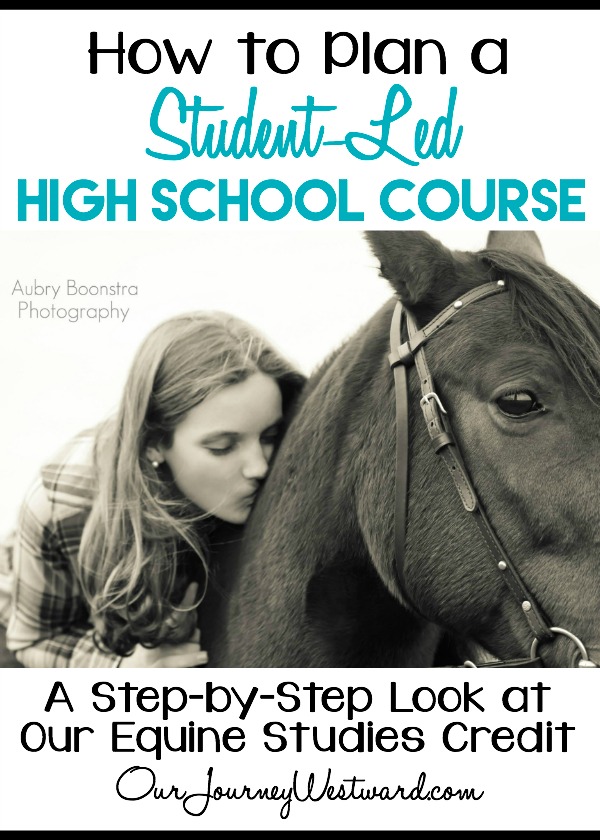
This post contains affiliate links.
Planning a Student-Led High School Equine Course
Because horses are NOT my passion, I really don’t know enough about them to create my own high school level course. Nor did I want to.
Enter the perfect opportunity for a student-led course…because passions drive lots of learning-without-prodding. Well, too much prodding anyway.
Here are three basic needs I’ve found for any student-led course:
- A responsible student who will actually put forth high school worthy effort.
- A general plan set out before the course begins.
- At least weekly meetings with a parent to check in on the progress.
If those three things aren’t in place, the success of the course is really hit-or-miss. Usually, miss. Remember, we’re talking about high school credit here.
In our case, I knew I had a responsible student on my hands. (Yay!) Our next task was to set out the general plan. Ours was simple:
- A new topic had to be studied monthly using at least one high school level informational book approved by mom.
- Notes were to be taken from the readings. (Nothing too in-depth.)
- One lab activity (in the field usually) needed to be completed for each topic.
- One project to show-what-you-know needed to be complete for each topic.
- A written record of daily work needed to be kept.
- We would meet together weekly for accountability.
You’ll notice that our general plan didn’t include particular book titles – or even monthly topics. We could have designated those, but I wanted to give her the opportunity to dive into “the next obvious thing” as the study progressed. I also wanted to leave plenty of wiggle room if one topic just kept meandering off from rabbit trail to rabbit trail and took longer to complete.
I could allow this open-ended plan with my daughter because she easily kept herself on track and was motivated to keep learning new things about horses. If we had been creating a student-led course on a subject she knew less about or wasn’t as motivated to study, we probably would’ve pre-planned monthly topics and spent time researching appropriate study books together.
What the Course Really Looked Like
With the general plans in place, my girl got busy making her wish list of informational books for study.
An entire year of equine study was in the original plan. As we began the process of considering monthly topics, it seemed natural that some other agriculture topics would be helpful, too – especially since horses play such an important part on our cattle farm.
While we could have borrowed many of the books from the library, I chose to purchase as many as possible to help her start a reference library that I know she’ll use for years to come.
In some cases, the books were very quick reads – meaning she was able to complete the entire “monthly plan” in less time. In other cases, the books took much longer to read – meaning it took longer than the planned month to finish everything. Because genuine learning was happening, I didn’t worry at all about moving too quickly or too slowly.
There were even a couple of cases where the chosen books were way too much – both in page numbers and technical information. We either put them back on the bookshelf and moved on to another book, or I asked her to glean what she could and leave the rest behind. Again, because genuine learning was happening, I didn’t worry that every detail known to man about horses made it into the brain of my girl.
As she read, she kept notes in a regular spiral-bound notebook. While I didn’t give her any tests based on these notes, the practice of note-taking has proven very valuable in college!
Once a book was finished, she proposed a lab activity that went along with what she had just learned. For instance, after learning about horse nutrition, she set up a family field trip to the local horse feed company to discuss their formulas for various horse breeds and needs. And, after learning about horse first aid, she practiced various diagnostic tests and bandaging on her horses.
The show-what-you-know project that was supposed to follow each and every book didn’t happen as often as planned. We found that it was just too much to expect a full project each time. In the end, she completed three projects – a persuasive essay, a meticulous drawing of horse anatomy, and a notebook listing common farm animal ailments with possible remedies.
To keep a log of daily learning, she just jotted down a quick note in her lesson plan book.
During our weekly meeting:
- I would let her tell me some of the coolest things she’d learned that week.
- We would talk about projects from the week and/or upcoming projects.
- And I would ask her if she needed anything from me like a book from her list or supplies for her labs or projects.
My Evaluation of the Course
In the end, I was over-the-moon happy with everything about this equine and agriculture course. While it didn’t follow the monthly plan as expected and my daughter didn’t get through quite as many books as I hoped, she learned more in this course than in any other science during her high school years.
That’s the way it always is when you’re learning about your passion, isn’t it?
At any rate, she read A TON. She designed some awesome lab projects. She easily fulfilled the time requirement for one high school credit hour. She took on a lot of responsibility for her own learning. She gave herself a great foundational knowledge that’s served her VERY well in her major in college. And, she had a blast learning what she loves.
(And, it was really very easy for me. Maybe that’s the best part of all.)
More Help for Planning Student-Led Courses
-
 Product on saleHow To Plan Student-Led Classes in High SchoolOriginal price was: $20.00.$10.00Current price is: $10.00.
Product on saleHow To Plan Student-Led Classes in High SchoolOriginal price was: $20.00.$10.00Current price is: $10.00.
More for the horse lover

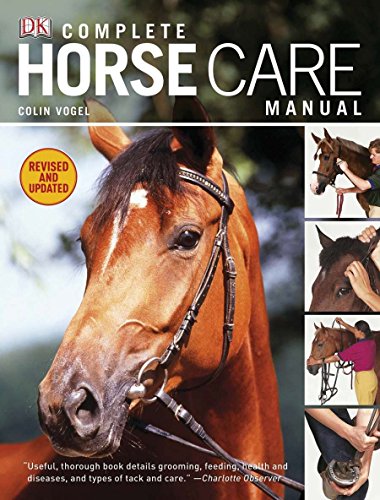







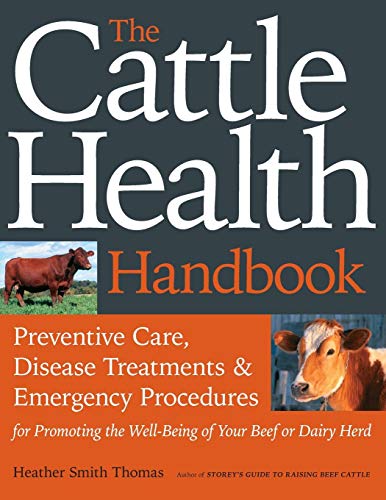
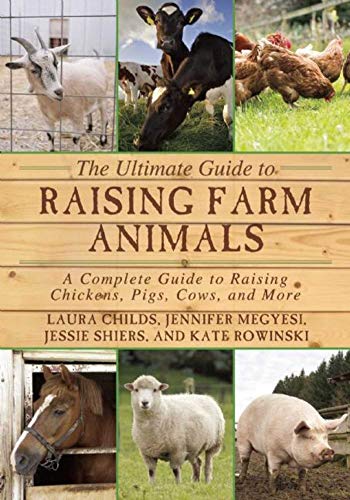

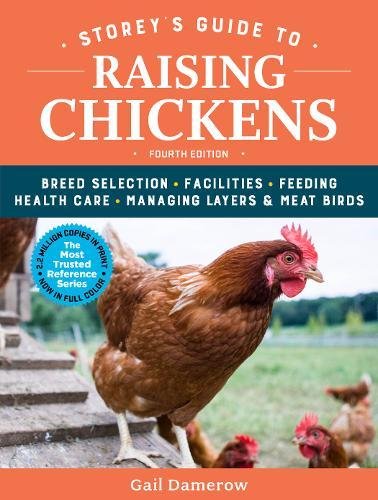









can you please tell me where your daughter is attending college that has such a course?
Hi Barb. Sure! She is currently attending a two-year program in Lexington, KY called the North American Racing Academy. You can learn more about it at https://bluegrass.kctcs.edu/nara.aspx. After the two years, she will transfer seamlessly into a bachelor’s degree program at either Morehead State University, University of Kentucky, or Midway College – all here in KY. We have LOTS of horse programs here. 🙂
We live in Georgia, not much for horse programs in state 🙁
This is fantastic! My middle school daughter just finished researching horses and now has her own that she is starting to take care of.
I know she has to be excited!
I have high school Junior – I think we’ll use your outline as a guideline for this year’s science – thank you this is super helpful!
If you think about it, come back and let me know how it goes, Liz!
Is there a working link to the book wish list? I have a 17 year old daughter who is also passionate about horses and I want to go more this direction with her. Thanks!
Vicki, a few months ago, Amazon did away with the program I had used to create that book list. Bummer. I don’t exactly remember which books were included. My best advice is to visit your library to find high-school-worthy informational books on topics like grooming, veterinarian care, barn care, nutritional needs, and other topics of interest (racing, competitions, trail riding, etc.)
This book list includes some of the books my daughter read a little earlier when her love of horses emerged – https://ourjourneywestward.com/homeschooling-a-horse-lover/.
Enjoy the study! It’s a fun one. 🙂
Hi Cindy,
Where would I even start?? My daughter recently rescued a kitten and has now said she wants to be someone who rescues animals when she is older – how do we put together high school worthy material for that?
Thank you in advance
Tracey, your daughter’s passion sounds like a great start to a career! This quick class should help you learn how to pull together a high school worthy class for her…https://ourjourneywestward.com/downloads/student-led-classes-masterclass/.